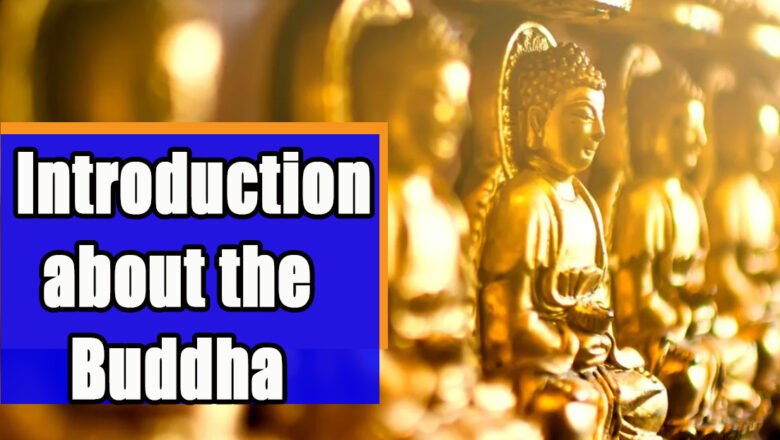
The Buddha’s teaching in Patipuggaladana
As for the consequences of Patipuggaladana, one will receive that giving alms to animals generates a hundred outcomes, and giving alms to the ordinary man who is immoral generates a thousand outcomes. Giving alms to the ordinary man who is moral generates a hundred thousand outcomes, giving alms to the recluse outside Buddhism who is far from sensuality generates a hundred thousand billion outcomes. Giving alms to one who is practicing to realize the fruition of stream-winning generates inner-able, immeasurable outcomes, moreover, all the other higher individuals such as the stream-winner and the rest, are higher in virtue than one another according to the order, there will be obviously more and more outcomes than one another in accordance with the order of virtues of those individuals.
...








